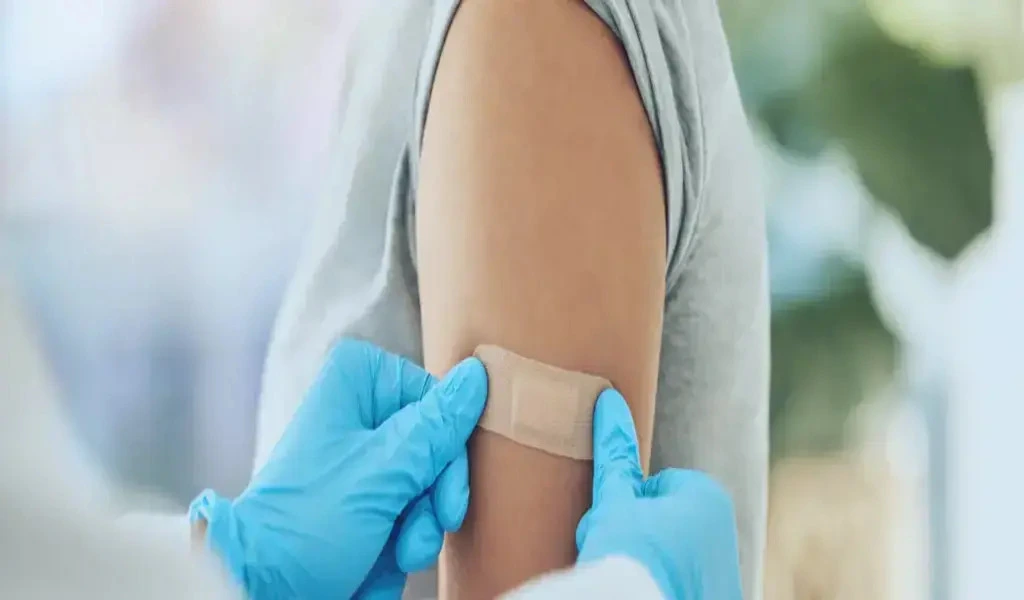(CTN News) – According to researchers at the University of Queensland, mRNA vaccine technology has the potential to boost livestock production in order to meet global food demands.
It is vital that the livestock industry takes advantage of the unprecedented investment in mRNA vaccination technology triggered by the COVID-19 pandemic, according to Professor Tim Mahony of the University of Queensland. In the journal Vaccines, the study was published.
“Infectious diseases are limiting the production of edible protein for human consumption, which has a negative effect on both the quality and the quantity of the product,” Professor Mahony noted.
The flexibility of mRNA vaccines makes them ideal for reducing losses within livestock production systems in the future, as new disease variants are discovered.
The conventional approach might require us to develop a vaccine for every individual pathogen in order to treat a complex disease such as bovine respiratory disease.
Using an mRNA vaccine, however, is possible to pick and choose which pathogens to include in a single vaccine.
An Oxford Analytica report commissioned by HealthforAnimals estimates that the livestock industry loses $882 million per day due to productivity losses.
Furthermore, every percentage point reduction in cattle losses caused by disease could supply enough food for 317 million people, and a reduction of 10% could result in substantial reductions in greenhouse gas emissions.
According to Professor Mahony, livestock industries have a challenge in harnessing the rapid advances in vaccines to combat key diseases affecting production.
It remains a critical knowledge gap for some neglected diseases to identify protective antigens.
Currently, there is no approved mRNA vaccine for animals used for food production.
Multiple agencies will be responsible for overseeing the approval process for the use of these vaccines in livestock.
Since mRNAs are present in the cells of all animals and plants, it is vital that we consume them through our food.
Despite this, consumer safety will be a major consideration before mRNA vaccines are approved for livestock use.
Developing mRNA vaccines for ruminants and other livestock is the biggest challenge for governments, peak industries, and veterinary health companies.
As we saw during the pandemic, putting enough resources together can produce quick results.”
SEE ALSO:
Colorectal Cancer Blood Test Shows Promise In Early Detection, Study Finds






